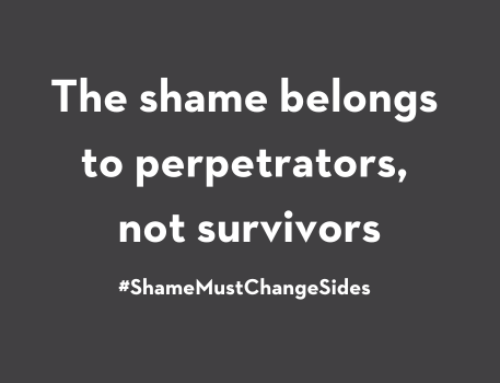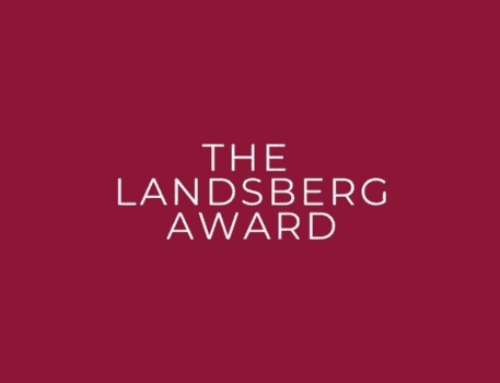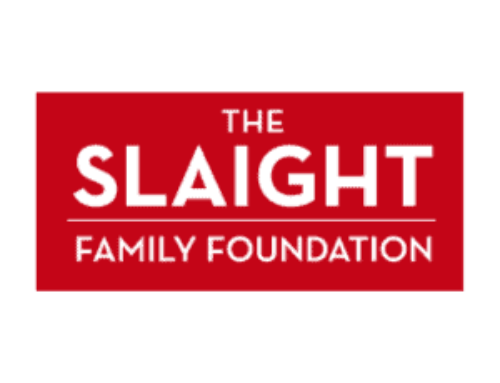
Over the past few months, a number of helpful guides have been published to equip Canadians with key questions to ask our federal leaders and our local candidates to gauge their commitment to establishing a just and equitable society for everyone, including women. Voters’ guides from the International Women’s Rights Project, Amnesty International Canada, and the Native Women’s Association of Canada provide sample questions on everything from justice for Aboriginal communities, to healthcare, housing, and the environment, to immigration and foreign policy. All of these issues are relevant to women and girls across this country, whether or not they are understood to be “women’s issues.”
But even when our leaders and local candidates speak out on issues relevant to women, how can we tell if they’re really committed to gender equality? Canadian politicians have been answering questions on “women’s issues” for years, and most of our federal leaders will do so again in a series of recorded interviews to be released on September 21 at an Up for Debate event in Toronto. They will no doubt highlight the gains their parties have made, and are poised to make, for women in Canada. They will likely also respond to the recent Status of Women Canada leak and share their perspectives on calls for a National Action Plan on violence against women. How do we know if what they’re saying is genuine?
We need to look beyond the scripted rhetoric to assess whether or not our leaders are ready to practice what they preach. Donning my gender analysis goggles, here are some questions I’ve been asking myself throughout the election campaign…
1. Do the federal party leaders and your local candidates talk about traditional “women’s issues” (income equality, childcare, abortion, violence against women)? Is gender mentioned as a consideration in any other context (trade and economy, foreign policy, immigration)?
2. When do the federal leaders and your local candidates talk about the impact of their policy recommendations on women and girls? Does this take place only in the context of conversations specifically about gender, or is this addressed in a broader policy context?
3. When the leaders talk about the representation of women in their party caucus, what kinds of positions do women hold (i.e. leadership positions with key portfolios or junior positions with less influence)?
4. Where parties are running women candidates, who are those candidates competing against? Are they running in ridings the parties expect to win or in ridings they think they might lose?
5. How many women are running for office in your riding? None? More than one? All?
6. Do the candidates talk about how much work they’re already doing to be inclusive and action-oriented on women’s issues (defensive)? Or do they acknowledge the lack of representation of women’s voices and talk about what they plan to do to improve the situation (proactive)?
7. How do the leaders and local candidates characterize women’s voices in the political landscape? Are women presented as “complainers” or as equal partners in creating a stronger Canada?
8. When women assert their space and voice in the political discussion, how do the parties respond? Are they welcoming? Unwelcoming?
In asking ourselves these kinds of questions, we must also consider what we—women, men, and gender queer folk across the country—will do if we don’t like the answers. Creating a just and equitable society for all is a long-term process. Elections present an opportunity for us to pause and consider whether or not our political system represents us and what steps we will take to move toward something better.
We invite you to join the conversation! If you are in Toronto, register for the Up for Debate event on September 21 to see exclusive interviews with federal party leaders and hear prominent Canadian women speak out on issues important to women. If you’re outside of Toronto, follow Up for Debate on Facebook and Twitter and share your thoughts using the hashtags #UpforDebate and #elxn42.
Learn More
Take Action
- Help us invest in the strength of women and the dreams of girls – donate now!
- Sign up for our e-newsletter to have our latest stories and resources sent to your inbox.
- Follow us on Facebook and Twitter to join a national conversation on gender equality.







